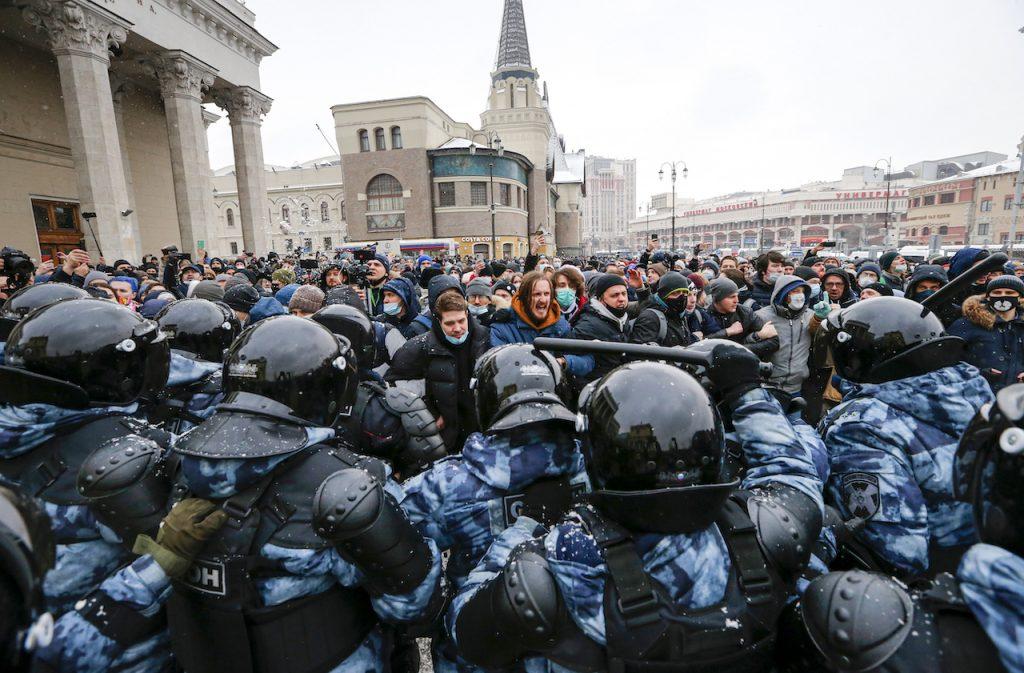Russia sues social media giants for not deleting calls for youth protests
The cases were opened after nationwide protests over last month’s jailing of Alexei Navalny, a prominent critic of President Vladimir Putin.
Just In
Russian authorities are suing five social media platforms for allegedly failing to delete posts that urged young people to take part in illegal protests, the Interfax news agency cited a Moscow court as saying on Tuesday.
Twitter, Google, Facebook each have three cases against them, with each violation punishable by a fine of up to around US$54,000 and cases have also been filed against TikTok and Telegram, the court said.
The cases were opened after nationwide protests over last month’s jailing of Alexei Navalny, a prominent critic of President Vladimir Putin. Navalny and his supporters say his 30-month sentence, for alleged parole violations related to an embezzlement case, was trumped up for political reasons, something the authorities deny.
Google declined to comment on the Interfax report. Facebook, Twitter, TikTok and Telegram did not immediately respond to requests for comment.
The cases against Google, Facebook and Twitter will be heard on April 2, the agency said.
Navalny’s appeal was rejected in a Moscow court which upheld his two-and-half year sentence in a Russian labour camp.
In a ruling last Saturday that was widely expected, the judge upheld a decision to imprison the anti-corruption activist, who has revealed lavish properties owned by Putin and his political cronies.
The judge reversed the activist’s parole in a 2014 embezzlement case that Navalny had said was politically motivated, according to media sources.
Navalny, the country’s most popular opposition activist, survived an alleged government-ordered poisoning in August and then duped a Russian spy into detailing the plot against him.
Last month, thousands of people took to the streets in Moscow and cities throughout Russia to protest Navalny’s arrest when he returned to Russia after seeking medical help in Germany after the poisoning.
While he was in jail, his supporters released a video showing a sprawling mansion in a Russian resort town that Navalny says belongs to Putin, and whose more than US$1 billion price tag was paid for with stolen funds. The Kremlin has denied the allegation.
The judge subtracted 45 days from Navalny’s original sentence of two years and eight months.
“That’s much better,” Navalny joked.
Subscribe to our newsletter
To be updated with all the latest news and analyses daily.
